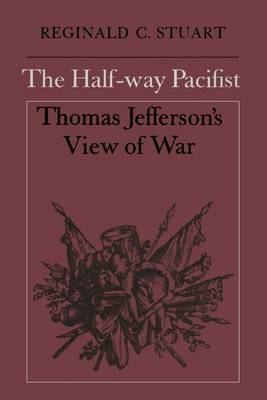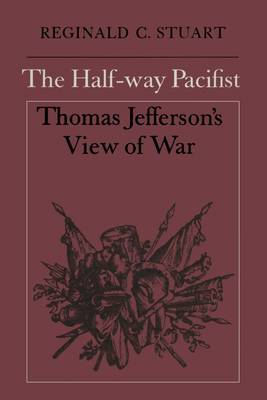
- Retrait gratuit dans votre magasin Club
- 7.000.000 titres dans notre catalogue
- Payer en toute sécurité
- Toujours un magasin près de chez vous
- Retrait gratuit dans votre magasin Club
- 7.000.0000 titres dans notre catalogue
- Payer en toute sécurité
- Toujours un magasin près de chez vous
Description
By the middle of the eighteenth century war had come to be regarded as a limited instument of state policy and one that should be controlled in the interests of social justice and human progress. Thomas Jefferson's attitude towards war emerged from this Enlightenment tradition and evolved in response to the issues he faced during his career. Drawing on comments scattered through his letters and other writings and an interpretation of the policies he actually pursued, this book traces the development of Jefferson's view of war, from the time of his participation in the Continental Congress, through his years as negotiator and diplomat in Paris following the peace with Britain and independence, his terms as secretary of state, vice-president, and president during an era of European war and near war that threatened United States interests, and his years of retirement when the United States engaged in war and promulgated the Monroe Doctrine.
While Jefferson displayed an overwhelming desire to avoid war, he did not suppose that it could be eliminated. He considered it a part of nature, occasionally both just and necessary. He emphasized defence and deterrance, but he did not hesitate to use or threaten war to preserve national integrity and promote national interests during his presidency. Politically and philosophically, he was a pragmatist rather than a pacifist, ready to engage in limited war for limited objectives and as a last resort, but opposed to war as a crusade.
Throughout, Stuart's analysis of Jefferson's thinking on matters military shows a sensitive awareness of the tensions in western thought which arose in the transition from the ideas of the Enlightenment to those of the modern era.
Spécifications
Parties prenantes
- Auteur(s) :
- Editeur:
Contenu
- Nombre de pages :
- 104
- Langue:
- Anglais
- Collection :
Caractéristiques
- EAN:
- 9781487573416
- Date de parution :
- 15-12-78
- Format:
- Livre broché
- Format numérique:
- Trade paperback (VS)
- Dimensions :
- 156 mm x 234 mm
- Poids :
- 172 g

Les avis
Nous publions uniquement les avis qui respectent les conditions requises. Consultez nos conditions pour les avis.






